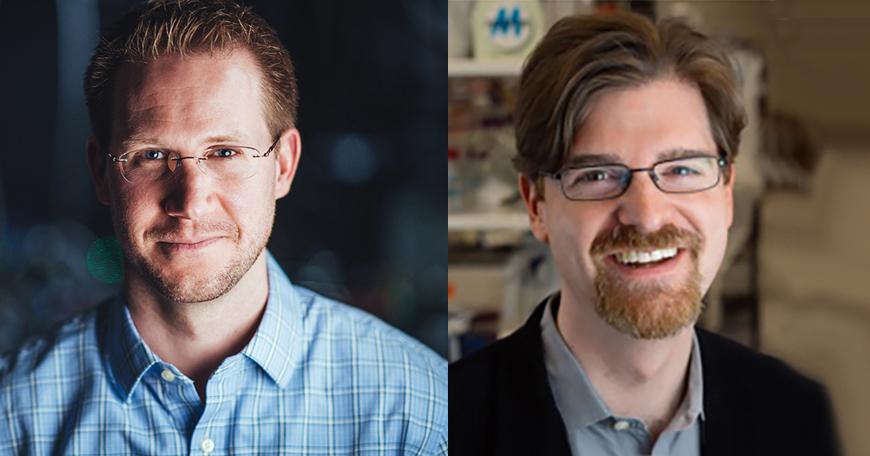Remote Teaching: Chemical Engineering Thermodynamics 10.213

Professors Will Tisdale and Chris Love teach 10.213 Chemical Engineering Thermodynamics, a sophomore-level course for primarily Course 10 majors. Prior to the campus-wide migration online, 10.213 lectures were already being live streamed and recorded for later viewing. Supplemental content was being posted to MITx, such as content on mathematical concepts for students used in the course.
Transitioning to remote
When faced with moving the course completely online mid-semester, Profs Tisdale & Love initially planned to continue teaching by live streaming lectures to an empty classroom, with TAs monitoring chat questions and later distributing lecture recordings. The plan changed when not only students, but also faculty were soon asked to leave campus.
To accommodate students with unreliable internet access, Tisdale & Love pivoted to an entirely self-paced class hosted on the MITx platform. Weekly content and modules comprised of between three and five 30-minute videos. Both professors used an iPad to write and capture their lecture notes, while recording narration. Chemical Engineering Digital Learning Fellow, Dr. Joey Gu, worked diligently with the team to adapt materials for the MITx residential platform.
The 10.213 team addressed the challenge head on in regards to maximizing student engagement in a fully remote context. They integrated recitation problems into MITx and assigned weekly problem sets. They converted all their lecture time to office hours to ensure they stayed connected with and addressed their students’ needs. Between the two instructors and the TAs, they were able to hold office hours five days a week and serve students dispersed across multiple time zones. They prioritized being responsive on the Piazza forum and were highly proactive in seeking out students who might be falling behind or ‘disappearing’. If a student missed a deadline for a problem set, they immediately emailed the student to offer an extension.
Student response
Tisdale & Love surveyed their students to find out how things were going with the transition to remote learning. They were glad to learn that students felt supported by the instructors. Students struggled, however, with logistical concerns, such as accessing quiet study spaces and managing the stress of their individual situations. In addition, the main learning challenge for the students was the transition to self-paced learning. Students had trouble maintaining motivation and found it more difficult to keep up without regularly scheduled lecture times and recitation sessions that would provide consistent opportunities to engage with the material.
Looking to the future
Reflecting on his experience, Tisdale missed the personal connection found in meeting with his students as a group. Looking ahead, he is convinced that live scheduled meetings are an important component of the remote teaching experience, especially those in which the class can come together and learn as a community.
Learn more about Tisdale and Love's teaching innovations in this School of Engineering video:

